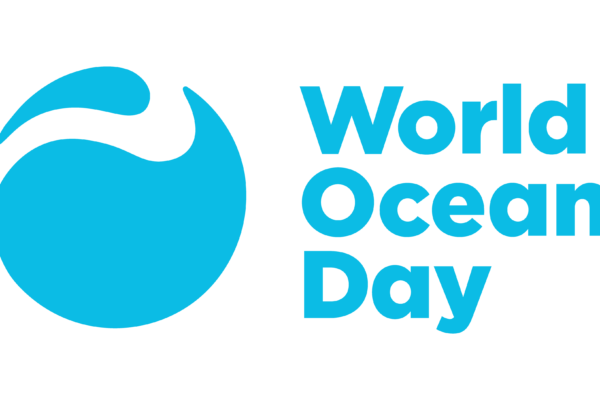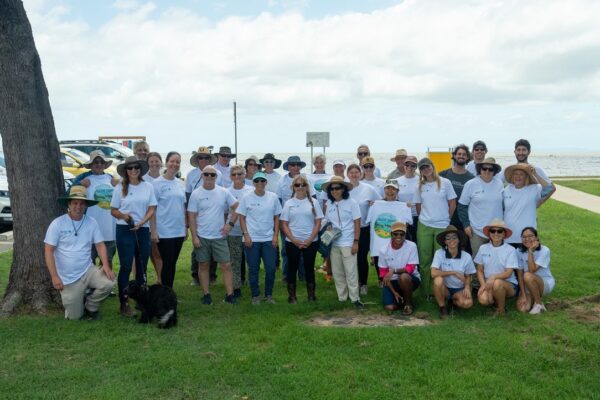For World Oceans Day this year, we’re encouraging all participating organizations to create celebrations that go beyond raising awareness to inspiring action under the theme, “Together we have the power to protect the ocean!” We want to make real change for the ocean, so we need to ask people to do something to keep the ocean healthy.
To our zoo, aquarium, and museum partners: our own extensive public opinion research tells us that the public not only expects and trusts, but also appreciates suggestions from aquariums, zoos and museums for ways they can help the ocean and its animals. Plus – institutions that highlight their mission could benefit financially!
The Action Guides we've posted focus on marine debris, clean energy, and sustainable seafood. But what do you do if those actions don't fit into your celebration? This post by Douglas Meyer lays out four key steps for designing an inspiring "ask."
Click here to download this guide as a PDF
Organizational decisions
Pick a problem
Among the various problems facing our ocean and its animals, which one would you like to address with reference to World Oceans Day?
Establish a connection
Is there a specific species or a particular place that is relevant to your organization and your visitors, and can be used as an example?
Decide on a solution step
- What are the various ways you could ask visitors to help?
- Which of these are a good "fit" for you and your visitors? Some considerations based on research and experience:
- Are you suggesting something that is both meaningful and measurable?
- Is this above and beyond what most visitors already are doing, but not too much of a stretch?
- Is there a logical "next step on the ladder" for those who already have done, or are doing what you are suggesting?
- Will visitors trust and appreciate this suggestion coming from you?
- Can visitors start, if not complete the action while on site?
- Is there another organization with which you could partner? Hint: Your success may lie in referring visitors to an existing program rather than in trying to create your own!
- Which of these are easy for visitors to share with others?
Set a goal
- In one sentence, what do you hope to accomplish?
- Is this goal "SMART" (Specific, measurable, attainable, relevant and time-bound)?
Audience considerations
Determine the decision makers
- Is there a specific subset of visitors who will be your decision makers? Reminder from the research that teens and young adults often have not only the highest interest in ocean issues, but the highest belief in their own ability to make a difference.
Understand their current position
- Do you need to frame, fortify or reframe the issue as part of your ask?
- Is your ask one step beyond what your audience is already doing on this issue, but not too much of a stretch?
- Can you connect your ask to a clear benefit for a specific species or particular place?
- Can you provide them with an initial, if not the final step to take during their visit, whether on site or online?
- Based on your answers to the above, do you think this ask has a high likelihood of success? If yes, proceed. If not, pick another!
Shape your message to your audience
- What core concerns or beliefs can you tap to increase their willingness to act?
- What barriers to action might you need to overcome?
- Can you start with the solution, and position your audience within it?
Tactics
Explore the possibilities
What are the best ways to deliver this ask to this visitor audience?
Consider the realities
- Which of those are possible within the limits of time and budget?
- Advice from our partners: Keep it simple! It is often better to focus your team on one tactic for World Oceans Day, and do it well, than to try to coordinate three or four different approaches.
Remember, imitation is the sincerest form of flattery!
Is there an approach that you've seen work elsewhere?
Measures of success
Beyond outputs to outcomes and impact!
How might you measure the number of visitors taking action, and, ideally, the collective impact of those actions? In light of how public opinion research tells us that visitors expect, trust and appreciate advice on how they can help conserve the ocean and its animals, how might you track this?



